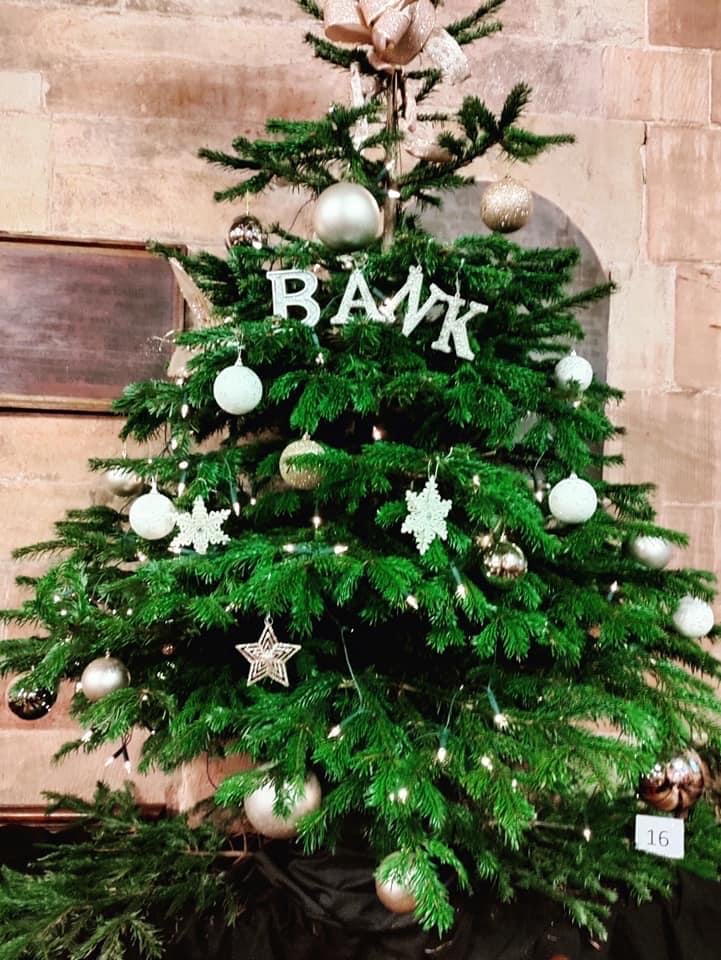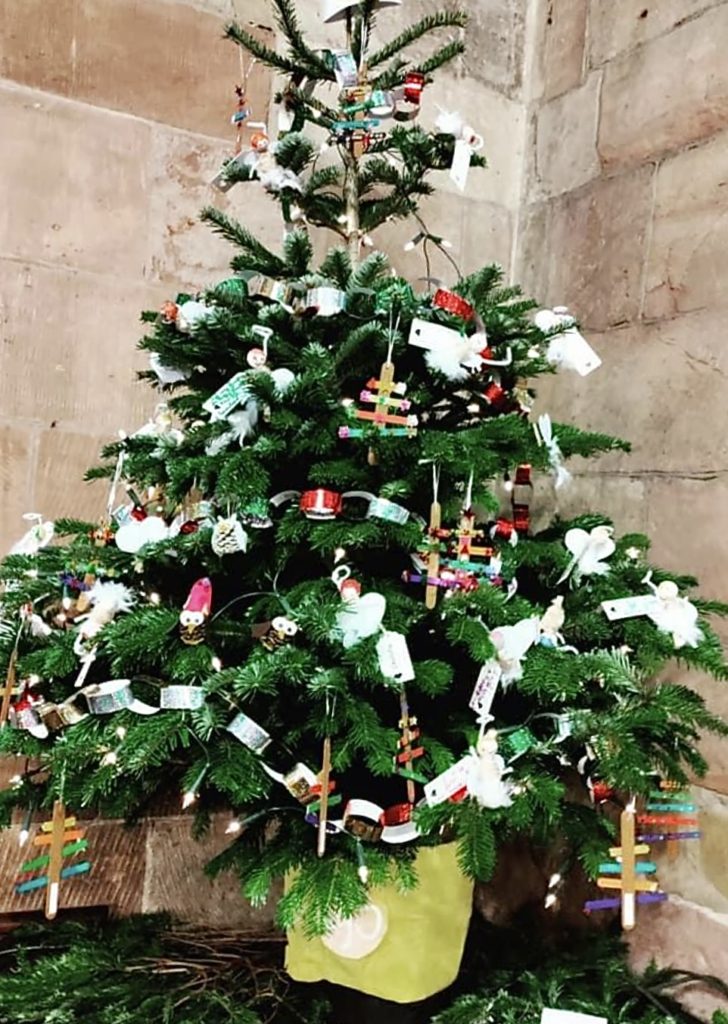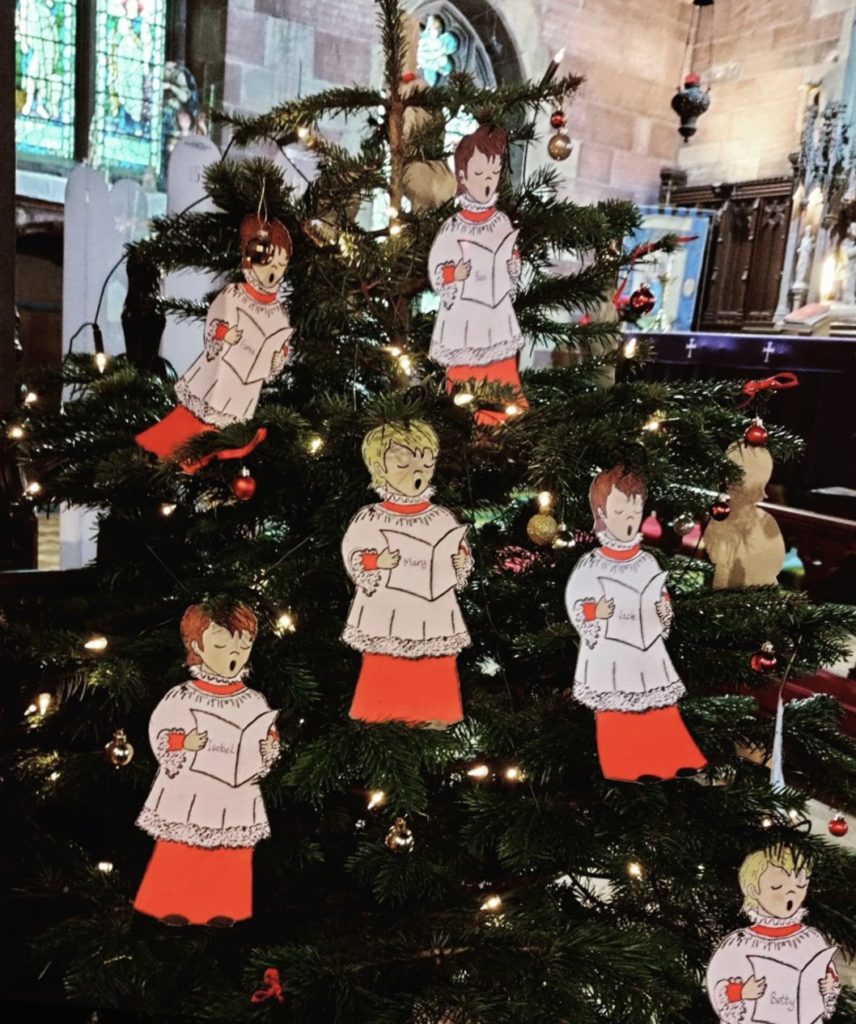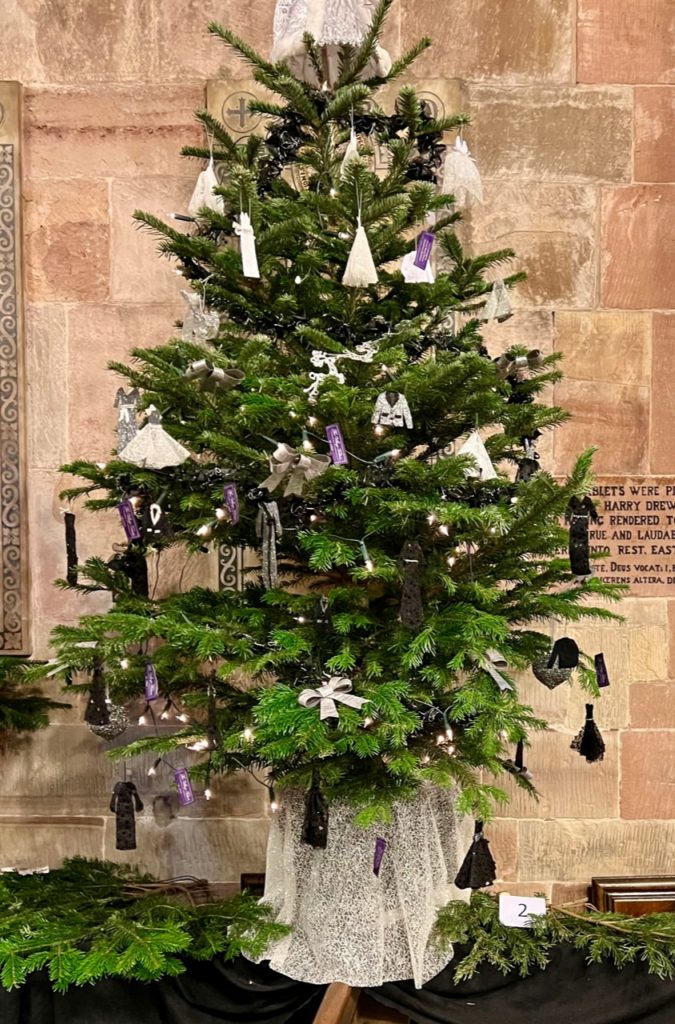
John 2:1-11
Anglican churches across the world use a three year cycle of Bible readings called the Lectionary which means that over the Sundays of those three years we cover quite a lot of the Bible. The reading allocated for last Sunday was Jesus’ first miracle – the turning of the water into wine at Cana at a wedding party. I wonder how many preachers avoided mentioning parties in their sermons this week – a word that has been in our news bulletins every day it seems!
I was not in church last Sunday. I was self isolating after contracting Covid. Very mildly I am pleased to say but it did give me some time to read and reflect on the reading.
I was struck by however different life in first century Palestine might have been; some things today are remarkably similar. It seems that weddings – two people making promises to each other, the dancing, the food and the drink, the celebrating weren’t that different from our weddings here at St Deiniol’s in 2022.
Of course Jesus’ miracles do raise questions for us. Why did Jesus choose to heal certain people and not others. What do these stories mean to us today? We often pray for family and friends and for healing but that does not always mean a cure. But this, the first recorded miracle of Jesus, is even more puzzling. It does not tell the story of someone regaining their sight, or being able to walk. Here Jesus changes gallons of water into alcohol. So much for recommended safe drinking levels! I used to work with a young Muslim man – he was horrified when I told him about this story in the Bible and even more horrified when I told him we actually consumed alcohol during the service albeit just a sip.
However, I don’t think it is surprising that this miracle happened at a village wedding rather than a party in a palace. Jesus’ first recorded miracle was amongst ordinary people – people like you and me – and at an occasion where people were sharing and enjoying themselves. Weddings are times of joy, where we come together as family, as community to celebrate the joy and capacity for love. And when people come together in love and community: there we will find God.
And at this joyous occasion it becomes apparent that there is not enough wine. Well maybe wine isn’t essential for every wedding reception (my parents wedding was dry apparently) but when people are expecting to be able to celebrate with food and drink then running out of wine is fairly disastrous.
It is Jesus’ mother who draws his attention to the situation. I can imagine this conversation between mother and son. Of all the people who would recognise at this stage of Jesus’ life that he has a special ministry it would be his mother. And as for his reply – well that’s quite often how sons behave. As a mother of a son I can recognise such as conversation. As a young adult he appears to be dismissive of what his mother says but he doesn’t ignore her! In actual fact he is listening to what she says and He does something about it!
This is a story is about something that people needed. People needed wine to celebrate the wedding feast. Jesus comes with something that people need, that people want, indeed that people yearn for. Something we need, we want, we yearn for. And Jesus didn’t work out how much wine they were short and provide a little bit to top up their glasses . He filled the water jars to the brim. His miracle was an extravagant act of generosity. And the wine was of the finest quality. The wedding steward is amazed when he tastes the wine. He isn’t aware what has happened or where the wine has come from. “You’ve saved the best till last” he says. Jesus can replace what is poor in our lives, what’s broken with something new, something whole, something wonderful. So good in fact that it doesn’t get any better. In turning the water into wine Jesus was showing that he was bringing what people wanted, what people needed, what people longed for. Jesus restores us to our very best by His love, and that love comes in abundance.
And what about the other characters in this story? Jesus doesn’t just walk into the wedding and perform this miracle alone. Other people are involved. It is his mother, Mary, who is first aware of the situation and prompts her son to take action. And then there are the servants. It is the servants who take the empty jars, fill them with water and bring them to Jesus. He then performs a miracle – he changes water – let’s not forget that water is in itself a precious gift – into the best quality wine. Jesus needed the water to perform that miracle and he needed people to bring him that water. We have gifts. Like the servants bringing the water to Jesus we can bring our gifts and place them before God. And just as Jesus changed the water into wine we can be transformed. Jesus opens up for us new possibilities. If people come together in love and community and if we bring our variety of gifts to God, we can play our part in building a world in which, like that day in Cana, there is an abundance of what we most need, most want, most crave – sharing, healing, acceptance, peace and love.










